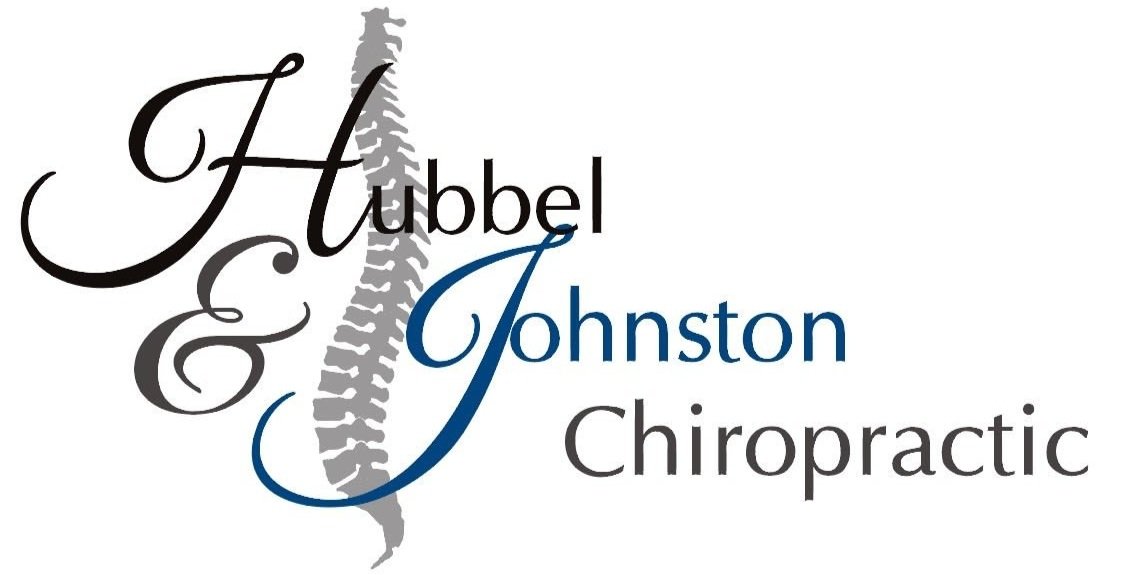February 2023 - Women's Heart Health
A Spotlight on Women’s Heart Health
February is heart health month. In our society, heart disease is often thought to be a more male dominant condition. In Canada, Heart Disease is the #1 cause of premature death in women. In fact, for the first half of women’s lives, their risk of heart disease is lower than men. After menopause, the risk of heart disease in women is very similar to that of men.
What are the key differences with heart disease between men and women?
Some of you may know that the symptoms of heart disease differ based on gender. Half of women who have a heart attack have their symptoms go unrecognized. Symptoms of heart disease in men are the widely known “classic” symptoms such as intense chest pain, sweating, nausea, and lightheadedness. Symptoms in women include chest discomfort or a lack of any chest pain (instead of “crushing” pressure or pain), shortness of breath, fatigue, indigestion, nausea, neck, jaw or back pain.
The differences in symptoms are due to differences in this disease between men and women. Heart disease in women tends to appear in the smaller blood vessels of the heart (called microvascular disease) instead of the major coronary arteries, like in men. Interestingly, angiograms (one of the most common tests used to diagnose heart disease) are not as effective to diagnose microvascular disease of the small blood vessels. Stress tests are also less sensitive for women.
Just as the symptoms, disease specifics and diagnoses are all slightly different in women, the interventions used after a heart attack are often different too; women are less likely to be prescribed treatment such as blood pressure or cholesterol lowering medications.
When does a woman’s risk of heart disease change?
As we discussed earlier, hormonal changes such as menopause can impact women’s heart health. Other times of hormone change, such as pregnancy, the use of hormonal birth control and gender-affirming hormone therapy, can also affect women’s heart health. Interestingly, it was thought that the decrease in estrogen during menopause increased women’s risk of heart disease. In fact, it has been found that these heart changes actually occur several years before the symptoms of menopause begin, such as loss of menstruation and hot flashes. There is promising research that using targeted hormone replacement therapy in very early menopause can be protective to a woman’s heart.
Risk factors such as poor diet, physical inactivity, being an unhealthy weight, smoking, stress, family history, and alcohol abuse increase everyone’s risk of heart disease. Conditions that are risk factors for everyone include high blood pressure, diabetes, high cholesterol and atrial fibrillation.
Did you know… Canada’s new alcohol guidelines advise fewer drinks?
It has been found that any level of alcohol consumption is associated with some risk, so drinking less is better for everyone. Among healthy adults, there is a negligible to low risk for individuals who consume 2 drinks or less per week. Any reduction in drinking helps. For the month of February, would you consider one less drink per week?
